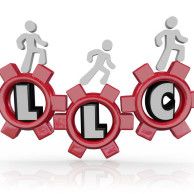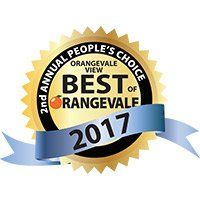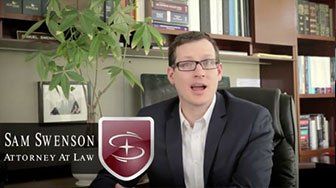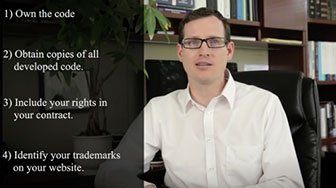Client Login
×PRACTICE AREAS
RATINGS
CONNECT WITH US
VIDEOS
Exceptions to the Limited Liability Provided by a LLC
 One of the primary benefits of creating a limited liability company
(LLC) is that it offers the business owner protection from personal liability for debts of the business. There are many other benefits, but this blog post will focus on how to ensure that you retain the protection from liability when you create a LLC.
One of the primary benefits of creating a limited liability company
(LLC) is that it offers the business owner protection from personal liability for debts of the business. There are many other benefits, but this blog post will focus on how to ensure that you retain the protection from liability when you create a LLC.
All owners of a LLC have protection from being held personally liable for business debts and claims against the LLC. If the LLC is unable to pay its bills (such as its rent, mortgage, or other type of loan), the creditor cannot legally go after the personal assets owned by the members of the LLC. Thus, because only assets owned by the LLC can be used to pay the business debts, the only money that a LLC owner stands to lose is the funds invested in the LLC which results in “limited liability.”
It is important to understand that the limited liability protection afforded by a LLC is not absolute. In fact, the owner of a LLC can be held personally liable for business debts if the owner:
- Signs a personal guarantee of the loan or other business debt and the LLC defaults on its payments
- Personally and directly harms or injures someone
- Fails to deposit taxes withheld from the LLC’s employees’ wages
- Intentionally takes action that is fraudulent, illegal, or reckless that results in damage to the company or harm to somebody else
- Fails to treat the LLC as a separate legal entity
The last exception is one of the most common ways LLC owners lose their protection. If owners use the LLC as an extension of his or her personal finances, a court can determine that the LLC does not really exist and that the owners are actually conducting business as individuals who should be personally liable for their acts.
To ensure that you are treating the LLC as a separate legal entity, the owners must:
- Avoid co-mingling assets . The LLC must have its own federal employer identification number and business-only checking account. An owner’s personal finances should never be included in the LLC’s accounting books. All business debts should be paid out of the LLC’s dedicated bank account.
- Act fairly. The LLC should make honest representations regarding the LLC’s finances to vendors, creditors or other interested parties.
- Operating Agreement. Have all the members executed a formal written operating agreement that sets forth the terms and conditions of the LLC’s existence.
If you are interested in learning more about creating a limited liability company or how we can assist you with your business-related needs, contact the knowledgeable lawyers at The Swenson Law Firm to schedule an appointment.
Contact
We will get back to you as soon as possible.
Please try again later.
© 2023 The Swenson Law Firm - Providing Guidance and Protection to California Businesses and Employers. All Rights Reserved.












